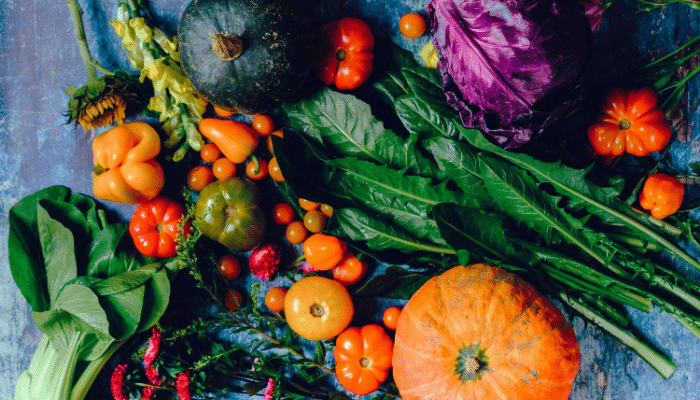The EU Implementing Regulation 2019/1606 was published in the OJEU concerning the non-renewal of the active substance'methiocarb'.
Methiocarb is used in the EU in plant protection products for application to various crops: seeds (maize), vine, tomatoes, peppers, eggplants, cucumbers, gherkins, courgettes, onions, leeks, garlic, shallots, apples, pears, stone fruits, strawberries, sugar beet, potatoes, watermelons, melons, cabbage.
EFSA has identified an unacceptable risk to workers (even taking into account the use of personal protective equipment) and a high risk to birds, mammals and earthworms. The Authority was unable to carry out the consumer risk assessment because the residue definition for the risk assessment of plant products could not be finalised as the available data did not allow the genotoxic potential of the metabolite M01 to be excluded.
Member States must withdraw authorisations for plant protection products containing the active substance'methiocarb' by 3 January 2020 at the latest. The period of grace granted by Member States for plant protection products containing methiocarb shall expire on 3 April 2020 at the latest.
In France, all products have already been withdrawn, as methiocarb is no longer authorised as a molluscicide since 2014.
The Regulation entered into force on 30 September 2019.
Be aware that your Phytocontrol laboratory is able to search for methiocarb and its metabolites in matrices of plant origin.
For any technical, pricing and/or regulatory information, do not hesitate to
contact us. 




